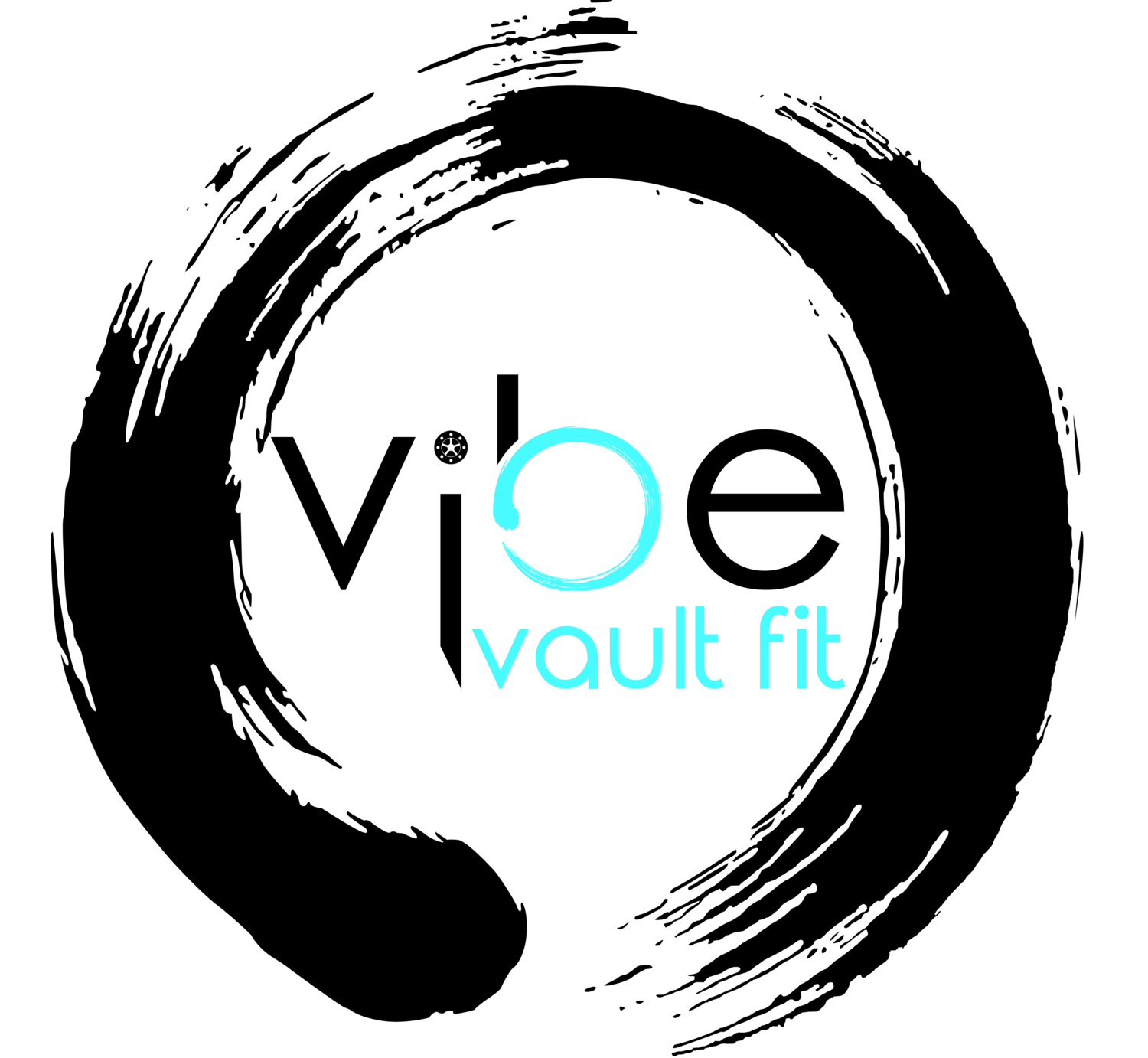Changing Course
In the past few months, I have thrown myself haphazardly into self-improvement. I’ve checked out piles of books on psychology and personality types. I’ve finally given meditation an honest try. I’ve journaled constantly. I made it my goal to check all the boxes, to do all the “right” things, and tried my best to approach it methodically. Meditation? Check. Affirmations? Check. Reading, journaling, and exercise? Check. So why, after going down this list, have I felt no increase in peace or clarity? I was expressing my frustration about this to a friend last week and he asked me, “among all those things, have you read anything not related to self-help? Have you done any activities purely because you enjoy them?”. My answer was, well, no. After all, why should I enjoy any of it? Shouldn’t bettering myself feel like work? Doesn’t that mean I’m doing it right?
That’s when it became clear. I had been pouring all my energy into these self-improvement ventures to distract myself from really sitting with my feelings and addressing their roots. Moderation is key in every aspect of our lives. Without it, even good things such as self-reflection can be misused, and can misdirect us. For me, running around checking boxes on my self-work to-do list was my way of ensuring that I had no energy left to feel anything at all. I left myself with no time to sit with my feelings of confusion and loss, for example. As I built these mazes of “good” tasks to occupy my brain, I ended up erasing opportunities for authenticity, and even joy.
So, after dusting myself off and admitting that I wasn’t actually succeeding in my self- improvement journey, I began to fix the problem. I started creating pockets of joy. I traded my self-analysis book for a childhood favorite and read it with a glass of wine. I took a late-night walk to photograph the moon. I forced myself to sit with my feelings long enough to write a sad, but honest, poem. None of these activities were comfortable, but each one brought up emotions that could not rest until I had properly acknowledged them. If you cringed a bit at the mushiness of the examples above, you’re not alone. I had worked so hard to numb myself with busyness that slowing down to feel, felt indulgent. And it still does, most of the time—but at least I’ve begun the process.
What is the point of working on ourselves? It may seem like a silly question, but there is an important distinction to be made here. Yes, gaining a deeper understanding of ourselves is a good thing in itself. But that deeper understanding will ideally be used to inform the way we interact with others and how we live our lives. If we are hyper focused on “doing the work” on a cerebral level, none of that work will ever be put into practice. In other words, an abundance self-knowledge that never leaves our brains, or our journals, is useless. To me, this fact makes sense of the unrest I was feeling when I was distracting myself with information. Sure, I devoured books on attachment styles, trauma responses, and coping skills. I gathered information and stored it proudly in my brain. But, I refused to take the next step and apply it to myself.Why? Because that would be hard. And it would dig up emotions. And it would probably hurt.
At the end of the day, we are meant to feel. We can try to run from our complex emotions, or talk ourselves out of them, but that will not change their existence or significance. My self-knowledge journey is still in its infancy, but I have learned one thing for sure: that true growth cannot begin until we approach ourselves with honesty and openness. I had to be honest with myself about what I was avoiding. I had to humble myself enough to change course. We can try to reduce ourselves to lists and studies, but the truth is, it will always be messy. I have no answers, no certainty to leave you with today—but that is the beauty of it all. If you are willing to stop running, and start living, you get to find your own.

